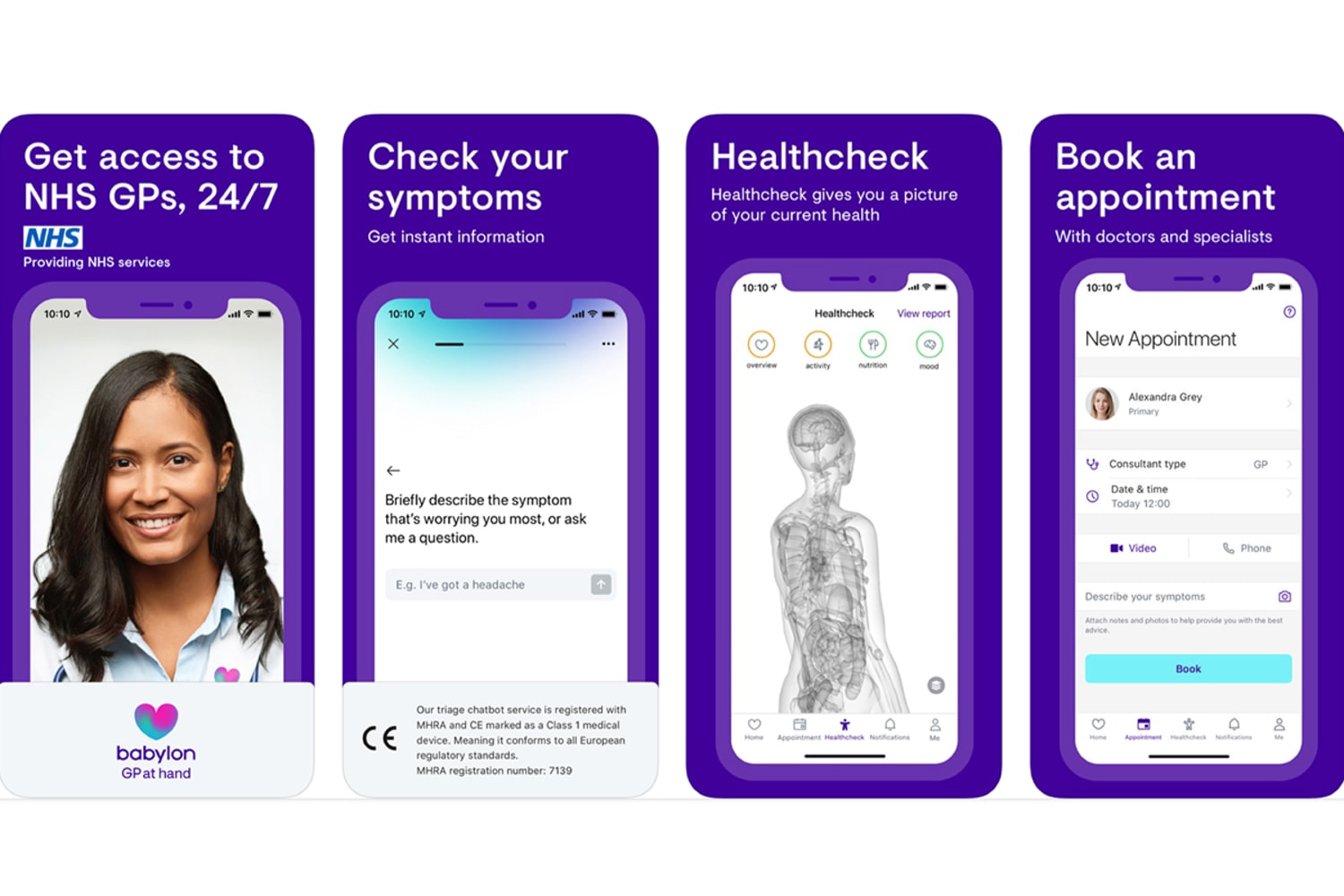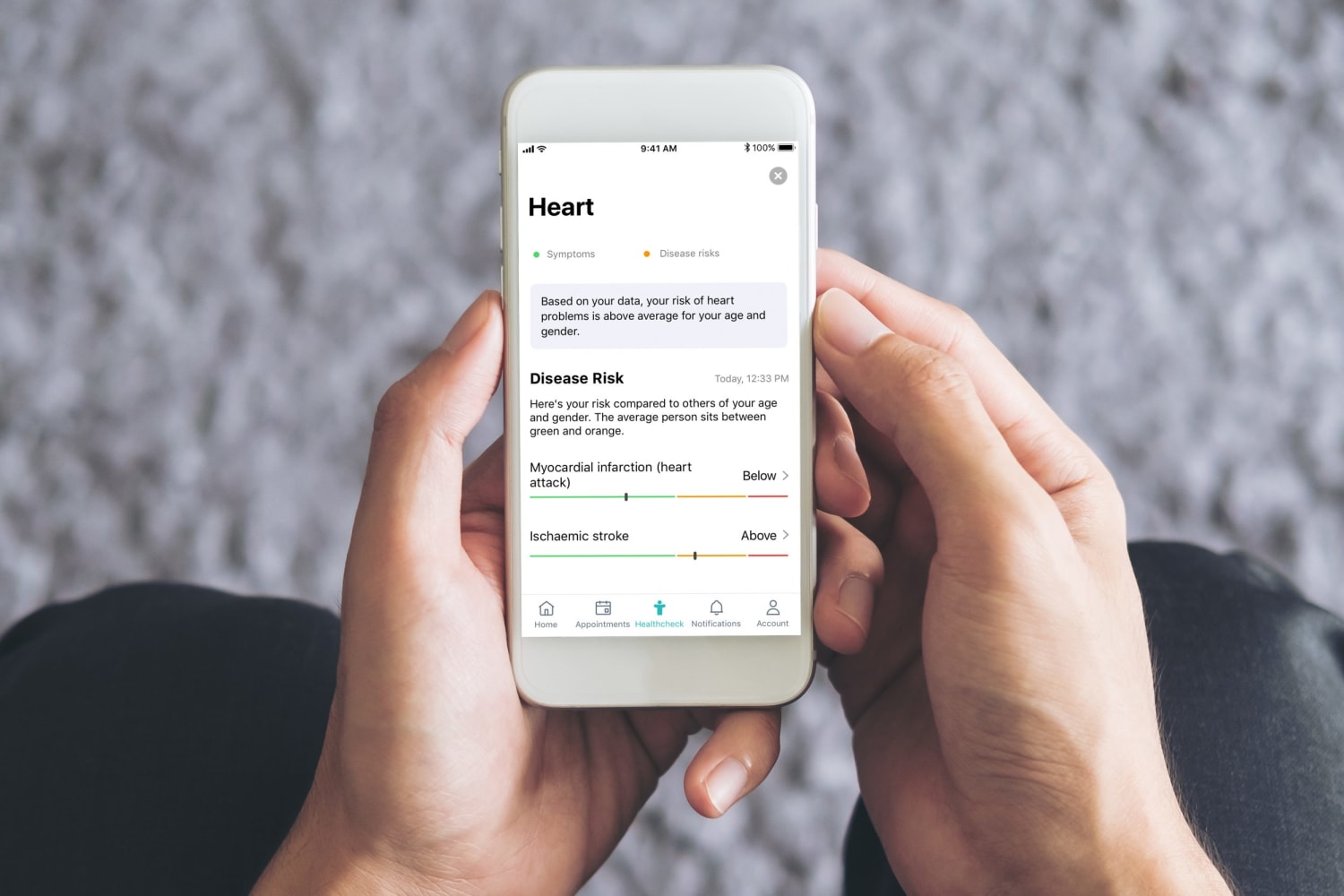Artificial intelligence (AI) is gaining traction in the medical field. In August 2019, UK-based startup Babylon Health, which has developed a number of AI-based health services, closed a $550 million round of funding. The brand, now valued at more than $2 billion, states that the most recent round marks the largest-ever fundraise in Europe or the US for a digital health company.
AI is changing the face of medicine, giving doctors better tools to detect and diagnose conditions before they arise.

This new record is certainly a sign of the times: a host of recent AI applications are giving doctors bionic diagnostic abilities, even predicting conditions a whole two days before symptoms present. Now these advances in technology are revolutionizing the medical field by merging human expertise, deep data and mechanical precision to yield hyper-sensitive and almost superhuman treatment.
Google is betting on AI to help doctors stay a step ahead of kidney disease. In a paper published in the journal Nature on July 31, 2019, Google Health subsidiary DeepMind unveiled a technology that could give doctors a 48-hour head start in treating acute kidney injury, which is associated with 100,000 deaths in the UK every year. The company claims that this first-of-its-kind application could give doctors an unprecedented leg-up in identifying and treating the disease, stating: “This is our team’s biggest healthcare research breakthrough to date, demonstrating the ability to not only spot deterioration more effectively, but also actually predict it before it happens.”
As DeepMind’s clinical lead Dr. Dominic King explained to Wired, this would bring about a significant shift in how doctors operate, with the potential to revolutionize treatment. “Currently we pick these things up too late and harm is caused to patients,” he said. “We think there’s a real opportunity for these AI systems to be able to predict and prevent, rather than just what currently happens, which is clinicians almost firefighting and running around problems that have already developed.”

At the Mayo Clinic in Rochester, Minnesota, doctors and researchers are also exploring AI as an early diagnostic tool. In an article published in the Lancet on August 1, 2019 the medical research center revealed that it is using AI to detect atrial fibrillation, a life-threatening heart condition that is notoriously difficult to diagnose due to intermittent or imperceptible symptoms. The condition, which can lead to heart failure, blood clots and strokes, affects as many as six million Americans, according to the Centers for Disease Control and Prevention.
“With AI, we’re developing new prediction and screening tools that improve clinical decision-making and identify diseases much earlier, when they are silent and without symptoms—and are most treatable,” said Dr Paul A Friedman, chair of cardiovascular medicine at the Mayo Clinic. “Our goal is to treat disease before it develops and prevent it from manifesting.”
Facebook is applying AI to decode brain signals as a first step to creating a silent speech interface. The company funded research to develop machine-learning algorithms that translate brain activity into speech, revealing in a study published in Nature on July 30, 2019 that when a word or phrase is thought about by a respondent, it can be displayed instantly as text on a computer screen. The study is led by a team of researchers at University of California, San Francisco (UCSF), and the findings mark a significant step in non-verbal communication. And, while the project presents striking privacy implications, it also points to new solutions for speech-impaired patients. Facebook is now funding a follow-up study at UCSF to better understand which brain signals are key for communication to help non-verbal patients communicate.
IBM is also leveraging AI to decode brain signals, in order to help people with epilepsy. In January 2019 the company announced that it is investigating an AI system that could classify various types of seizures automatically, to help tailor treatment and improve disease management. “We hope that automatic classification of seizure types will improve long-term patient care, enabling timely drug adjustments and remote monitoring,” the researchers wrote. “To the best of our knowledge, this is the first work showing that machine-learning techniques can be successfully used for automated multi-class seizure type classification.”
As advances in AI develop, they’re bringing the medical community closer to a pivotal revolution. “We’ve been really excited for the potential of using AI to support clinicians moving care from reactive to proactive and preventative,” King said. And while these applications are not yet ready for public, widespread implementation, they point to a drastic change on the horizon in medical care and the way in which patients are diagnosed—with the potential to pre-empt the onset of disease and transform treatment.
Please provide your contact information to continue.
Related Content

Behind the Brand: SJR

